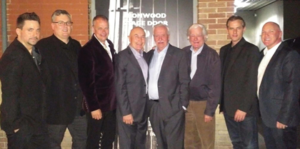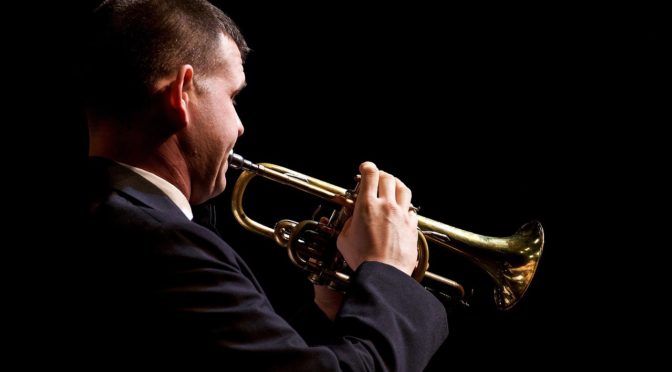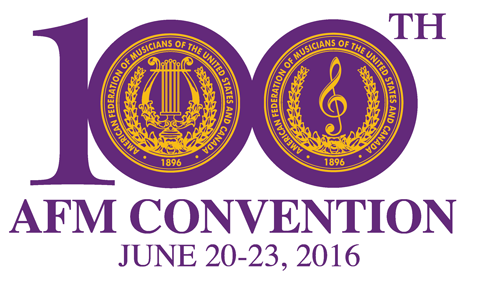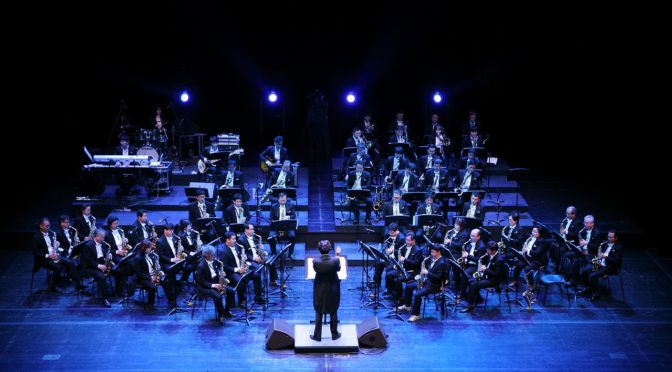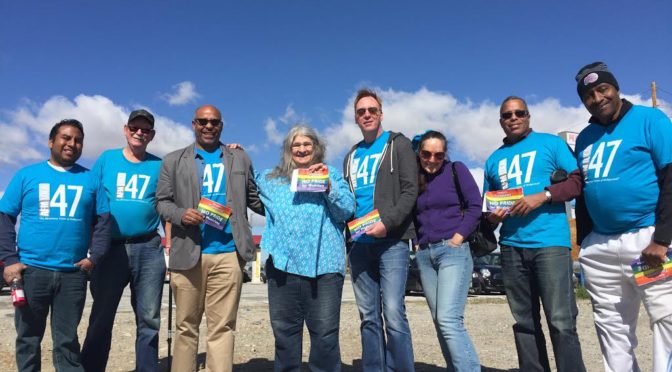Below, in the fifth and final part of our series, we examine the growth of streaming and the potential to drive new money to MPTF, SPF, and AFM-EPW.
Revenue from Music Streaming Continues to Grow
From the early 2000s to date, with consumption racing toward streaming and away from physical sales and analog broadcasting, royalty collections from streaming have grown from a trickle to a flood. SoundExchange, the US collective for record labels and featured artists, is now the biggest rights management organization in the world. SoundExchange has collected and distributed more than $3 billion since 2003 and will top $1 billion this year. In 2016, the AFM & SAG-AFTRA Fund will distribute to musicians and vocalists more than $50 million derived primarily from streaming royalties paid by satellite radio and webcasters like Pandora and SiriusXM.





